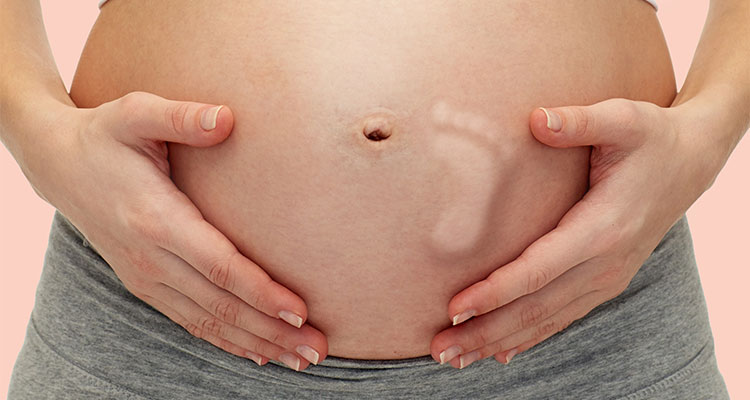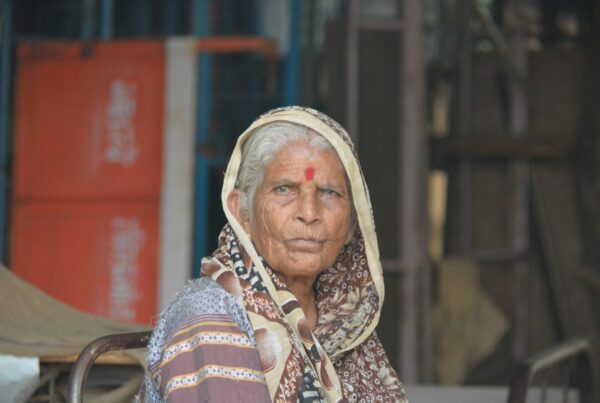Pregnancy is a profound milestone in many women’s lives, but its timing can play a critical role in shaping the health of both mother and baby. In recent years, there has been a global trend toward later pregnancies, driven by advancements in reproductive technology, changing societal norms, and evolving priorities. While many women successfully conceive and deliver healthy babies in their late 30s, 40s, and even beyond, late pregnancy is not without its challenges. It brings unique health risks that demand careful consideration and management.
The Biological Clock: Understanding Late Pregnancy
Biologically, the ideal age for pregnancy is often cited as between the late teens and late 20s, when fertility is at its peak, and the body is better equipped for the physical demands of childbirth. However, as women age, their fertility declines due to the natural reduction in the quantity and quality of eggs. By the mid-30s, this decline accelerates, and by the early 40s, it becomes significantly more challenging to conceive naturally.
Late pregnancy, defined as pregnancy occurring at age 35 or older, is medically categorized as “advanced maternal age.” While this term may sound daunting, it reflects the increased risks associated with maternal and fetal health.
Late pregnancy, defined as pregnancy occurring at age 35 or older, is medically categorized as “advanced maternal age.” While this term may sound daunting, it reflects the increased risks associated with maternal and fetal health.
Health Risks for the Mother
- Increased Risk of Pregnancy Complications
- Gestational Diabetes: Women over 35 are at a higher risk of developing gestational diabetes due to changes in how the body processes insulin. This condition can lead to complications such as excessive fetal growth and the need for cesarean delivery.
- Hypertension and Preeclampsia: High blood pressure during pregnancy is more common in older women and can lead to preeclampsia, a potentially life-threatening condition for both mother and baby.
- Higher Rates of Miscarriage
- The risk of miscarriage increases with age due to chromosomal abnormalities in the eggs. By age 40, the likelihood of miscarriage can be as high as 40%.
- Delivery Complications
- Older women are more likely to require cesarean sections due to complications during labor, such as prolonged labor or fetal distress.
- Chronic Health Conditions
- Women in their late 30s or 40s are more likely to have pre-existing conditions such as diabetes, hypertension, or obesity, which can complicate pregnancy and delivery.
Health Risks for the Baby
- Chromosomal Abnormalities
- Late pregnancies are associated with a higher risk of chromosomal disorders, such as Down syndrome. Prenatal screening and diagnostic tests like amniocentesis are often recommended for older mothers.
- Preterm Birth and Low Birth Weight
- Babies born to older mothers are at a higher risk of being born prematurely or with low birth weight, which can lead to developmental challenges and long-term health issues.
- Stillbirth
- Advanced maternal age is a risk factor for stillbirth, making close monitoring during the third trimester essential.
The Emotional and Social Aspects of Late Pregnancy
While medical risks are more pronounced, the emotional and social aspects of late pregnancy can also be complex. Older mothers may feel increased anxiety about the health of their baby, especially when faced with the stigma or societal expectations surrounding delayed motherhood. However, many older women bring emotional maturity, financial stability, and life experience to their parenting, which can positively influence their child’s upbringing.
Mitigating Risks and Ensuring a Healthy Pregnancy
Despite the challenges, advancements in medical care and prenatal technology have made late pregnancy safer than ever before. Here are some key measures that can help mitigate risks:
- Preconception Planning
- Consulting with a healthcare provider before conception can help identify and manage pre-existing health conditions.
- Regular Prenatal Care
- Frequent check-ups, including ultrasounds and screenings, allow for early detection of complications.
- Healthy Lifestyle Choices
- A balanced diet, regular exercise, and avoiding harmful substances like tobacco and alcohol are crucial for a healthy pregnancy.
- Advancements in Reproductive Technology
- Assisted reproductive technologies such as in vitro fertilization (IVF) have enabled many women to conceive later in life. Techniques like egg freezing provide additional options for those who wish to delay motherhood.
- Close Monitoring During Labor
- Skilled medical teams and access to modern healthcare facilities ensure that labor and delivery are managed effectively, reducing the risk of complications.
Celebrating the Choice of Motherhood at Any Age
While late pregnancy carries increased risks, it also reflects the evolving nature of modern motherhood, where women are reclaiming control over their reproductive choices. With proper medical support, many women experience healthy pregnancies and go on to thrive as mothers later in life. Understanding the risks and preparing adequately can make all the difference in ensuring both mother and baby embark on this journey safely and joyfully.
The choice to have a child is deeply personal, and whether it happens early or late, it represents hope, resilience, and the power of life itself. With the right care and resources, late pregnancy can be a beautiful and fulfilling chapter in a woman’s life.




